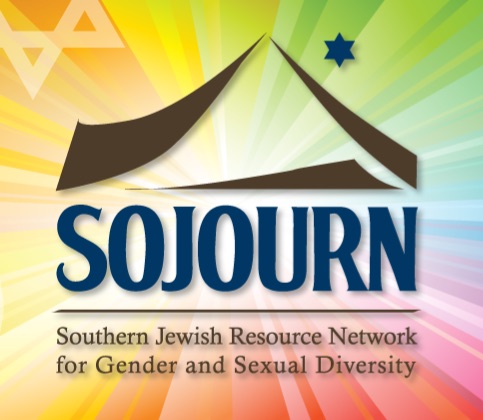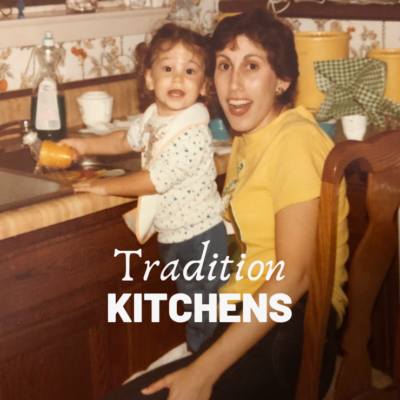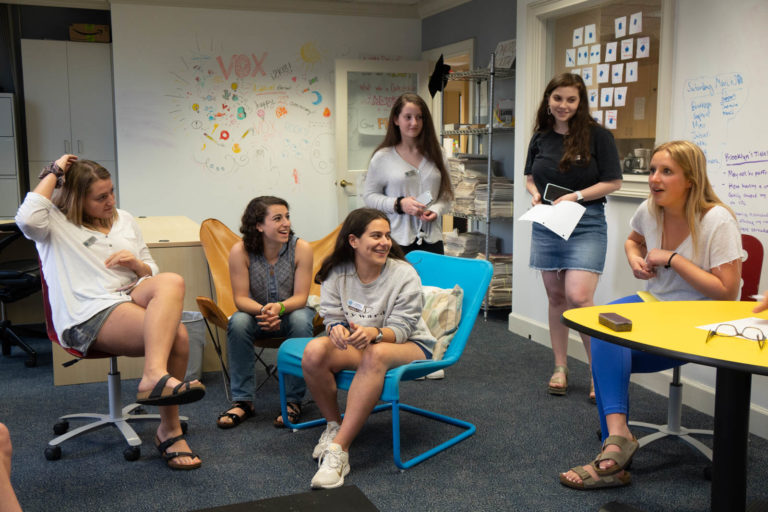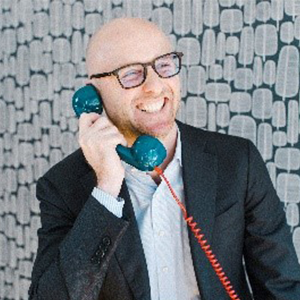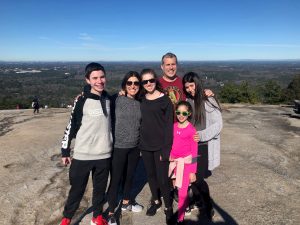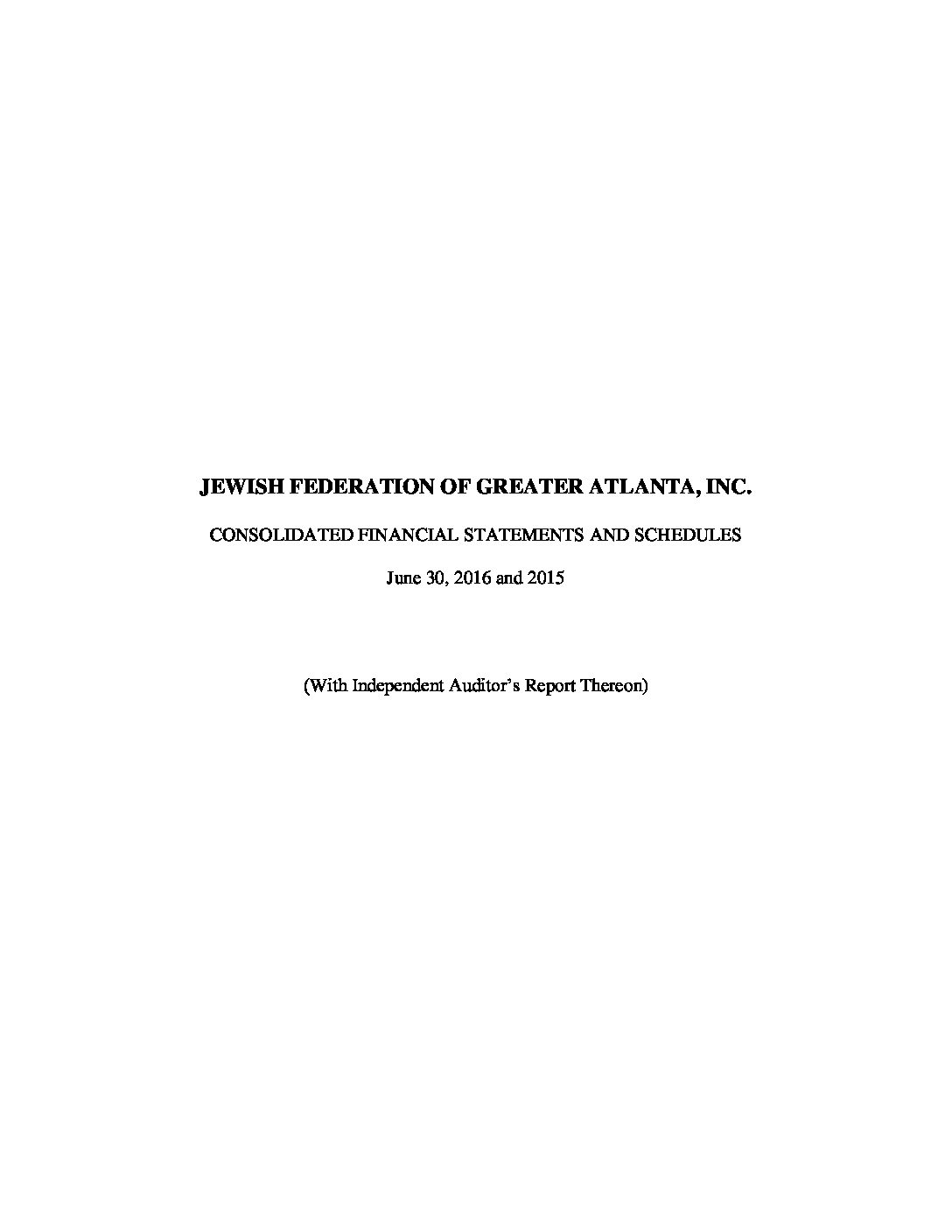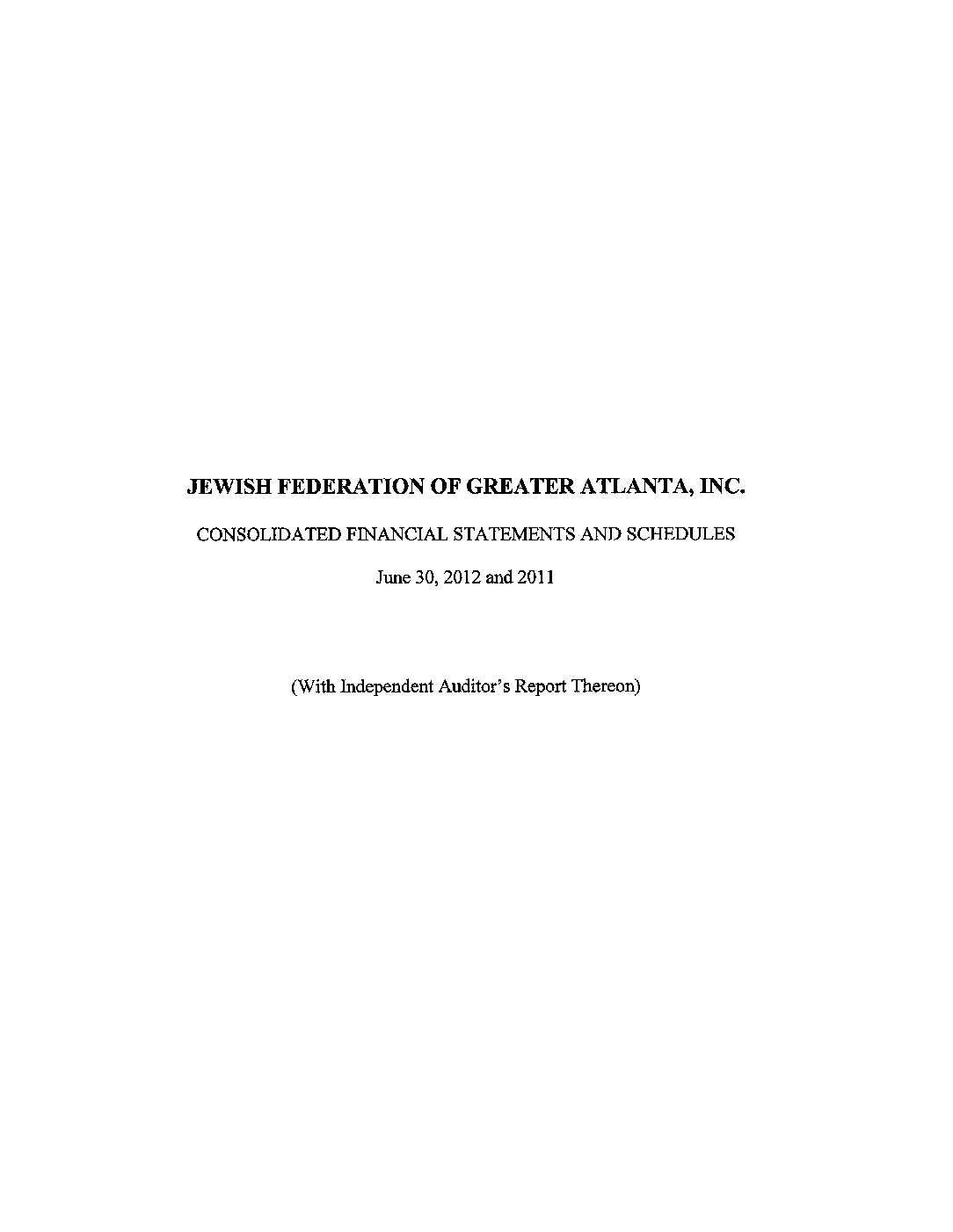
By Aaron Saxe, first published by the Jim Joseph Foundation ›
If you’ve seen one foundation…you’ve seen one foundation.
This common refrain in the nonprofit world is a reminder of the singularity of every funder. In turn, with this premise, grantees, potential grantees, consultants, and others spend significant time and resources getting to know each funders’ preferences, habits, and other traits. Doing this for one funder is challenging; for multiple funders even more so. And, of course, doing it while also continuing to carry out the everyday work of the organization is most challenging.
Those on the funder side gain a new perspective when we step back and try to put ourselves in the shoes of grantees. We gain compassion for the professionals at these organizations and the challenges and windy paths they navigate. And we exhibit humility when we say, clearly, that the outcomes of our actions toward them don’t always align with our intentions.
Two recent interactions of mine with grantee-partners demonstrate this—and represent a moment of learning for the Jim Joseph Foundation. Our starting point for a funder-grantee relationship is a desire for frequent, relatively informal correspondence to build a relationship premised on partnership. Our mentality is that we—the funder and grantee-partner—are in this work together. These types of interactions, we believe, will create a level of comfort for the grantee-partner that makes sharing challenges and shortcomings easier. When those occur, as they almost always do to some degree, we can problem-solve together.
Yet, these two grantee-partner interactions opened my eyes to the very real challenges with this approach. One grantee-partner said they were not in touch with me for a much longer period of time than I would have expected because they were not comfortable sharing a half-baked idea regarding the Foundation-supported initiative. The other grantee-partner said they lacked the confidence—they even felt like imposters in their work despite strong momentum and learning outcomes—to proactively maintain ongoing communication with the Foundation. As the funder representative, I’m a bit embarrassed to admit that my first inclination was to question why both grantee-partners felt this way. However, after a short time, I began to reflect on the reasons these grantee-partners hesitated to interact with the Foundation in the way we hope all grantee-partners do. I quickly recognized that this was as much of a learning opportunity for the Foundation as it was for the non-profit executives.
Here are some takeaways that we think are beneficial to share and digest with the field:
The funder-grantee relationship will not look and feel the exact same across the board.
Certainly we still strongly believe that relational grantmaking is the ideal for which to strive. Yet that ideal is easier to achieve with some partners than others. True relational grantmaking means taking cues from the grantee-partner on the structure, tone, and frequency of the engagement they want to have. While we set some of these parameters, we also can listen more and have the listening inform the tenor of the relationship.
We need to be more cognizant about the backgrounds and perspectives of the various organizations with whom we work.
For example, a decades-long leader of a major legacy organization that already received multiple Foundation grants approaches a conversation with us differently than a new leader of a young organization that just received its first Foundation grant. And some leaders may be new to institutional giving altogether. Acting like those differences do not exist—and understanding how those differences influence one’s inclination to share challenges—is a mistake on our part and simply an unfair expectation to set across the breadth of our portfolio.
We need to recognize that grantee-partners are corresponding in different ways with different funders.
Other funders with whom our grantee-partners work do not necessarily want the same approach as we do to communication and relationship-building with grantee-partners. It’s no easy task for grantee-partners to be sure, and they can find themselves in particularly tricky spots if they are speaking with multiple funders at the same time.
Communication is key.
Lastly, these recent conversations don’t mean we need to abandon the style of grantmaking that has led to many fruitful Foundation-grantee relationships. Our style is aligned with our priorities and principles and it has evolved this way over more than ten years for good reason. Perhaps, though, we need to better explain early on in relationships with grantee-partners why we take this approach, what it is intended to cultivate, and more directly what we hope they gain from our more frequent and informal correspondence than other funders may take. Importantly, it requires patience early on as relationships deepen and comfort builds.
We share this now with an understanding that the Jewish philanthropic sector is in the midst of a particular moment of change. Over recent years, major funders have or will sunset and other, newer funders will look to fill voids. Our field is also in the midst of numerous leadership changes among nonprofit organizations; those new leaders are younger and come from more diverse backgrounds. Their lived experiences mean they may inherently have different approaches and ideas about effective grantee-funder communications. Simply, increasingly new people will continue to occupy the funder-grantee roles in the coming years. As we move forward, we take this fact and our recent experiences and related learnings into account. The funder-grantee relationship is unique in every situation—so too are the communications that best suit each interaction.
Aaron Saxe is a Senior Program Officer at the Jim Joseph Foundation.

